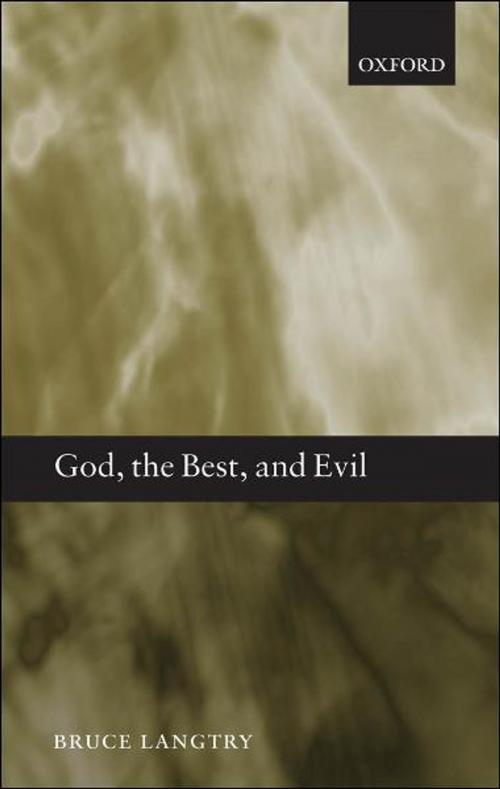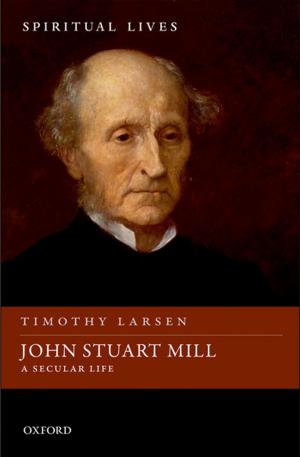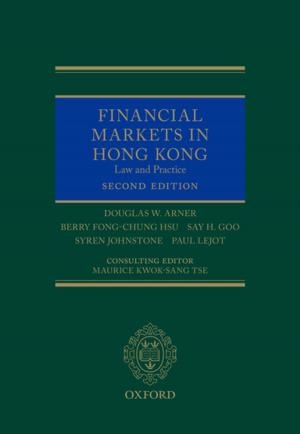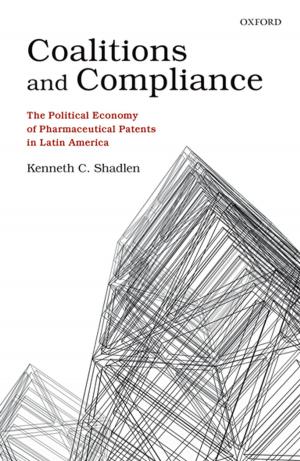| Author: | Bruce Langtry | ISBN: | 9780191608148 |
| Publisher: | OUP Oxford | Publication: | May 1, 2008 |
| Imprint: | OUP Oxford | Language: | English |
| Author: | Bruce Langtry |
| ISBN: | 9780191608148 |
| Publisher: | OUP Oxford |
| Publication: | May 1, 2008 |
| Imprint: | OUP Oxford |
| Language: | English |
God, the Best, and Evil is an original treatment of some longstanding problems about God and his actions towards human beings. First, Bruce Langtry explores some implications of divine omnipotence, omniscience, and perfect goodness for God's providence. In particular, he investigates whether God is in some sense a maximizer. Second, he assesses the strength of objections to the existence of God that are based on the apparent fact that God could have created a better world than this one. Finally, he assesses the strength of objections to the existence of God that focus on the problem of evil. To create a (possible) world is to strongly or weakly actualize it. A world is prime if God can create it, and he cannot create a world better than it. This book's conclusions include the following: (1) If there is at least one prime world, then if God does create some world he will create a prime world. (2) If there are no prime worlds, then it does not follow that God does not exist. Instead, what follows is that if God creates a world he will create one that is good enough, despite the fact that he could create a world which is better. (3) This conclusion does not give rise to a good objection to theism, based on the apparent fact that the actual world is improvable and yet it is not good enough (4) Even if there is a best world, or several equal-best worlds, God cannot create any of them. (5) A good partial theodicy for evil can be provided, appealing to goods bound up with human free will, moral responsibility, and the roles of individuals' own personal traits in shaping their own and other people's lives. The partial theodicy is neutral between Theological Compatibilism and libertarianism. (6) The problem of evil does not provide a very strong objection to the existence of God.
God, the Best, and Evil is an original treatment of some longstanding problems about God and his actions towards human beings. First, Bruce Langtry explores some implications of divine omnipotence, omniscience, and perfect goodness for God's providence. In particular, he investigates whether God is in some sense a maximizer. Second, he assesses the strength of objections to the existence of God that are based on the apparent fact that God could have created a better world than this one. Finally, he assesses the strength of objections to the existence of God that focus on the problem of evil. To create a (possible) world is to strongly or weakly actualize it. A world is prime if God can create it, and he cannot create a world better than it. This book's conclusions include the following: (1) If there is at least one prime world, then if God does create some world he will create a prime world. (2) If there are no prime worlds, then it does not follow that God does not exist. Instead, what follows is that if God creates a world he will create one that is good enough, despite the fact that he could create a world which is better. (3) This conclusion does not give rise to a good objection to theism, based on the apparent fact that the actual world is improvable and yet it is not good enough (4) Even if there is a best world, or several equal-best worlds, God cannot create any of them. (5) A good partial theodicy for evil can be provided, appealing to goods bound up with human free will, moral responsibility, and the roles of individuals' own personal traits in shaping their own and other people's lives. The partial theodicy is neutral between Theological Compatibilism and libertarianism. (6) The problem of evil does not provide a very strong objection to the existence of God.















